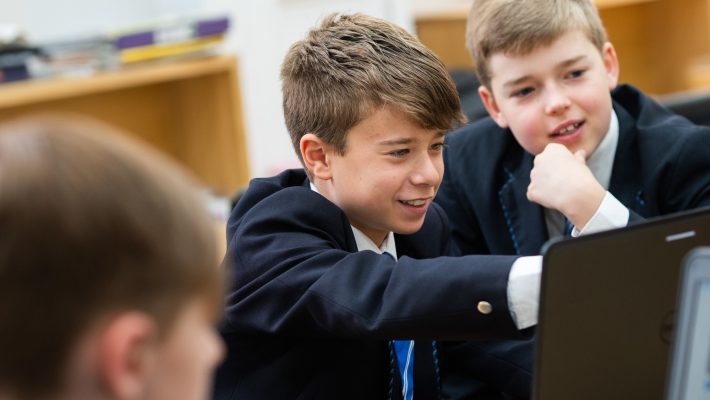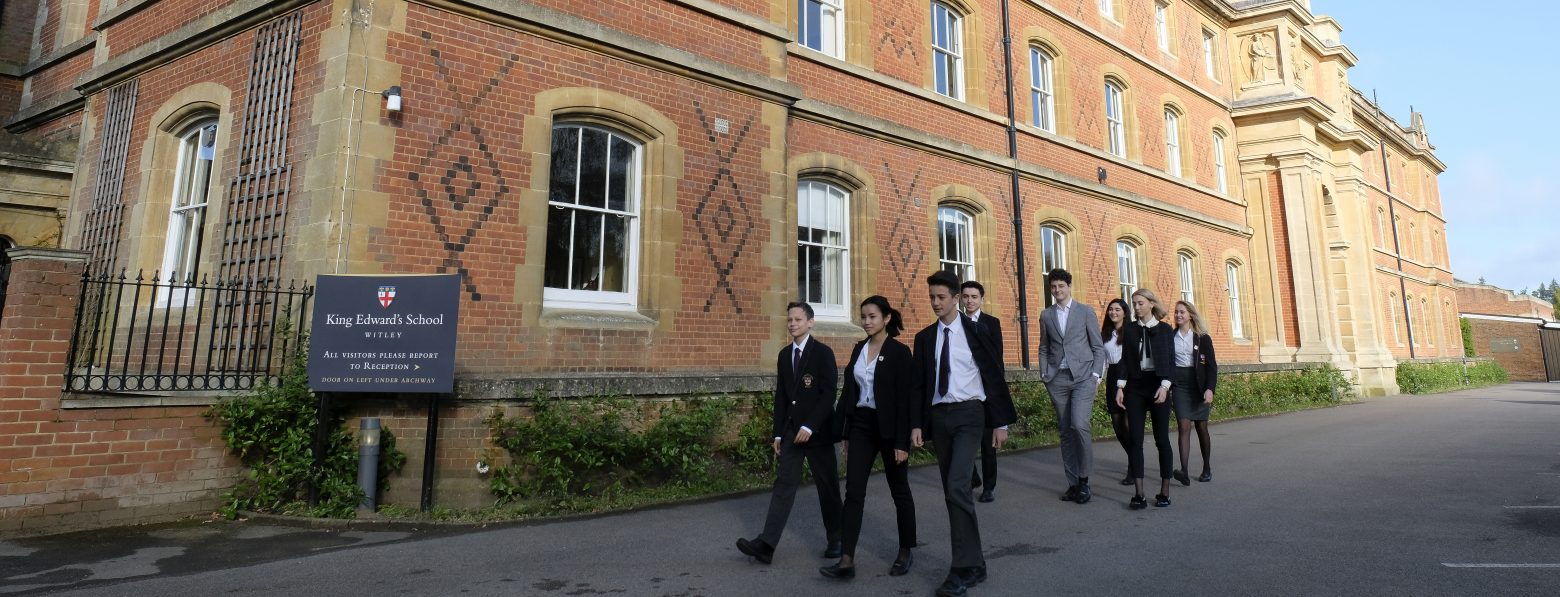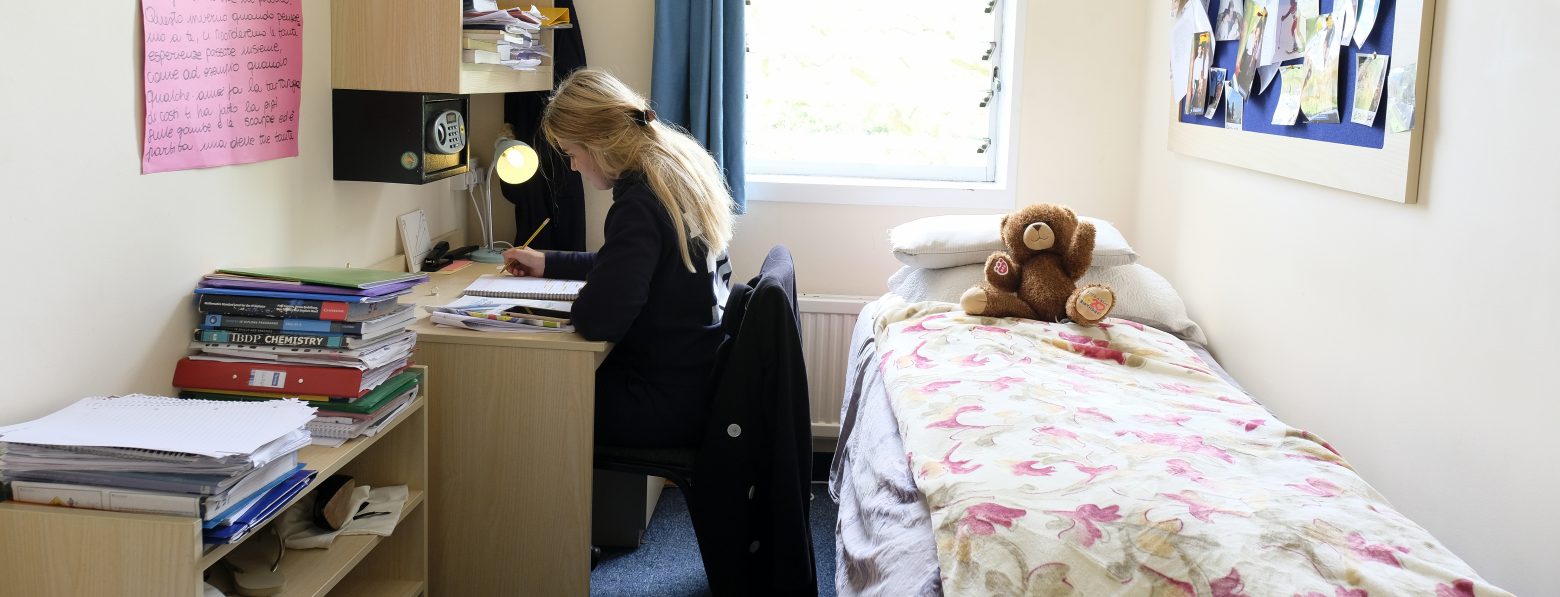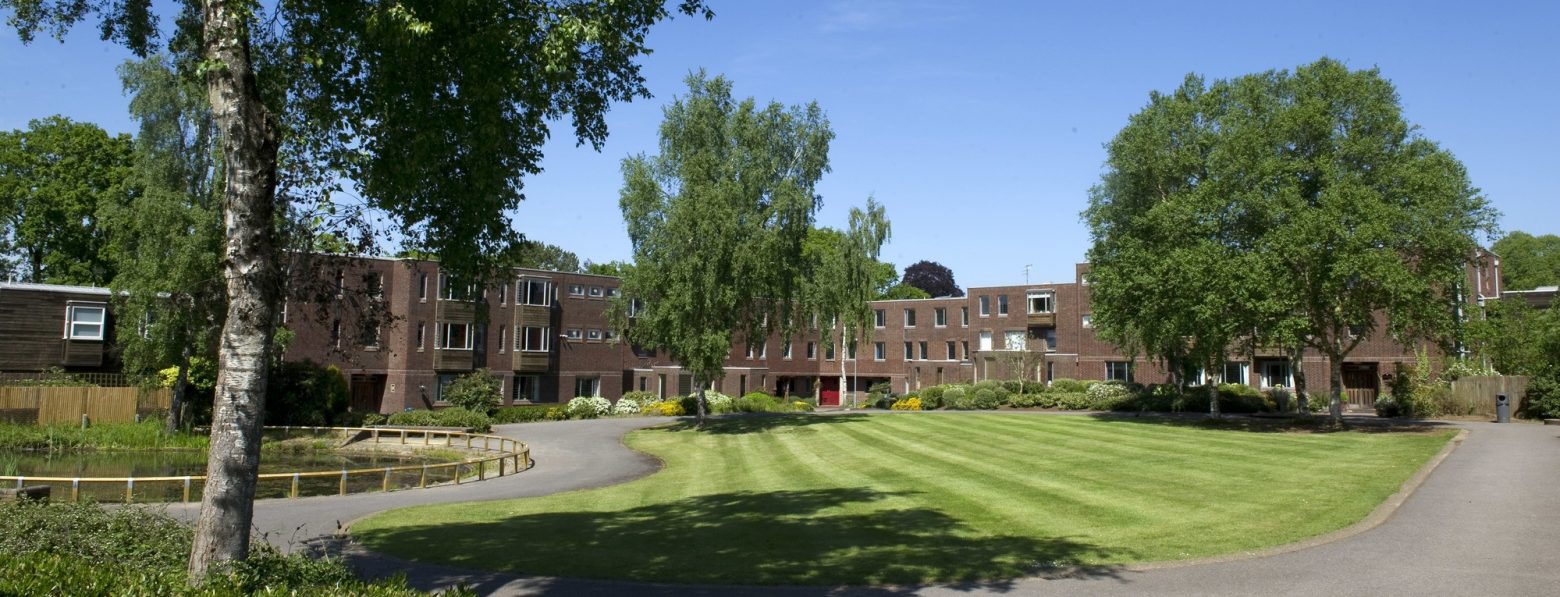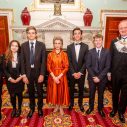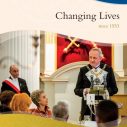Foundation Pupils – Circumstances for Pupils to Apply
The family financial circumstances will be such that the pupil will merit a set amount of support (i.e. all significant ‘extras’ are also paid for, in addition to school fees).
All candidates will be means-tested by the Bursary Office in the application process. If the pupil is accepted, we will conduct an annual Financial Review to check that the family continues to meet our eligibility criteria.
We make our decision on a case by case basis gauging the level of trauma in the home. We offer the child respite to grow and develop in their own right, even if only for a few weeks at a time, allowing the child to drop the mantle of responsibility they carry due to illness, disability or other disturbance in their life.
Category A1 – Trauma in the Home
When a family approaches us our main criterion is a lack of parental care, where no other suitable care is available. In order to benefit from a King Edwards Bridewell Foundation place, pupils must be in a disadvantaged situation, such as:
- Death or permanent absence of one or both parents
- Chronic and enduring mental or physical ill health of parent
- A parent who can no longer meet the daily needs of a child
- Disability of a sibling of sufficient severity affecting the care and normal development of other children within the family
- Abandonment or abuse of child
- Current schooling presents risk, leaving a younger child (7-13) in a vulnerable situation.
- The case for boarding is justified by the fact that the home circumstances are seriously prejudicial to the normal development of the child
- Boarding would be in the best interest for the child
- The parent/guardian has insufficient income and/or assets to pay themselves and there is a 100% bursary requirement
- The child must be a British Citizen and have indefinite leave to remain in the UK
Category A2 = Social Mobility
The following criteria are considered with the following guidelines in mind.
- Must be from a low-income background (usually meaning they are eligible for free school meals) and must be from genuinely disadvantaged backgrounds.
- Whether the pupil is a Looked After Child or at risk of social exclusion. If the pupil is in the care of the local authority, we need to ensure that the local authority supports the application before proceeding with it;
- Has a difficult home life caused by, for example, an over-crowded home; single parent family; if the pupil has suffered a bereavement or some other trauma such as domestic violence/alcoholism/drugs within the family, or where there’s an absence of positive adult role models;
- If the family’s first language is not English (EAL) and therefore struggle to help with homework;
- Whether the pupil lives in a deprived area affected by crime/drugs etc. and whether the family live in social housing. We look at the pupil’s home community according to the Index of Multiple Deprivation (IMD)
- The progression to higher education statistics for the area in which the pupil lives
- If the pupil would be a first-generation applicant to university. We also consider the parents’ occupations and their past employment history
- The pupil’s current school, including its OFSTED reports and the % of its pupils on free school meals
- The family situation, e.g. possible effects of the bursary on other siblings.
- Will best benefit from boarding (meaning they are motivated, resilient, open-minded, eager and capable of becoming positive role models for their peers). The pupil will only be offered a place after completing and passing our Examination test and interview process to ensure that they would thrive in our pastoral and academic environment.
- Must be British citizens or have indefinite leave to remain in the UK. We require evidence for those pupils which aren’t British citizens.
Category B
Funding would essentially be for pupils who would benefit from coming to a School like King Edward’s (academically or pastorally) but would probably not secure other third-party funding in addition to the King Edwards Foundation Bursary. This option would be used for
- Day Pupils, but not exclusively, as boarding pupils can also be in receipt of a category B
- The pupil would have to complete the “Potential to Benefit” assessment, which is often easier when the pupil application has been completed. This considers the total application from the pupil – entrance test results, interview report and possible scholarship application.
- Category B funding would be used to enhance the funding awarded to Scholars (Academic, Sport, Drama, Art etc) where the parents could not afford the shortfall when considering the Scholarship award on its own.
- It would also be used to enhance Scholarship funding. The total award of a scholarship might be capped at a total of 50% funding from King Edwards (but not always) – that decision is to be made/confirmed by the Bursary Awards Committee considering the total application from the pupil – entrance test results, interview report, level of scholarship, and bursary application.
- Since other/third party funding is not expected, there must be some family income to be able to afford the likely shortfall in fees.
In assessing Potential to Benefit for a Category B bursary application, the following would be looked at. Some factors will increase the likeness of acceptance (marked as high), while others have no significant effect (marked average):
- Supporting a successful scholarship application – High
- Pupil has some fragile element to their own nature – i.e. strong stammer, Asperger’s – where it could be evident that they would not flourish in mainstream/state school with large pupil population and large class numbers. – High
- Single parent supporting the family/child – parent is working shifts or unsociable hours. – High
- Two parents but disruption at home caused by ill or disabled sibling such that disproportionate attention from parent reaches the child – Above Average or High
- Single parent supporting the family/child – parent is healthy and able to work. – Above Average or High
- Supporting a close but unsuccessful scholarship application – Above Average
- Two parents in employment and good health, no trauma or disability in family members, no identified reason the pupil needs to come to a school like King Edward’s – Average
Multiples of the points above may lead to an increase in the ranking, for example:
- Supporting a successful scholarship application and a single parent working shifts or unsocial hours – Very High
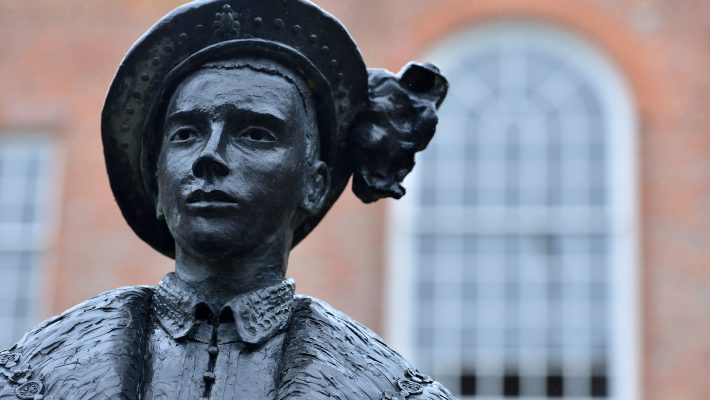
Advice to parents on the bursary process
